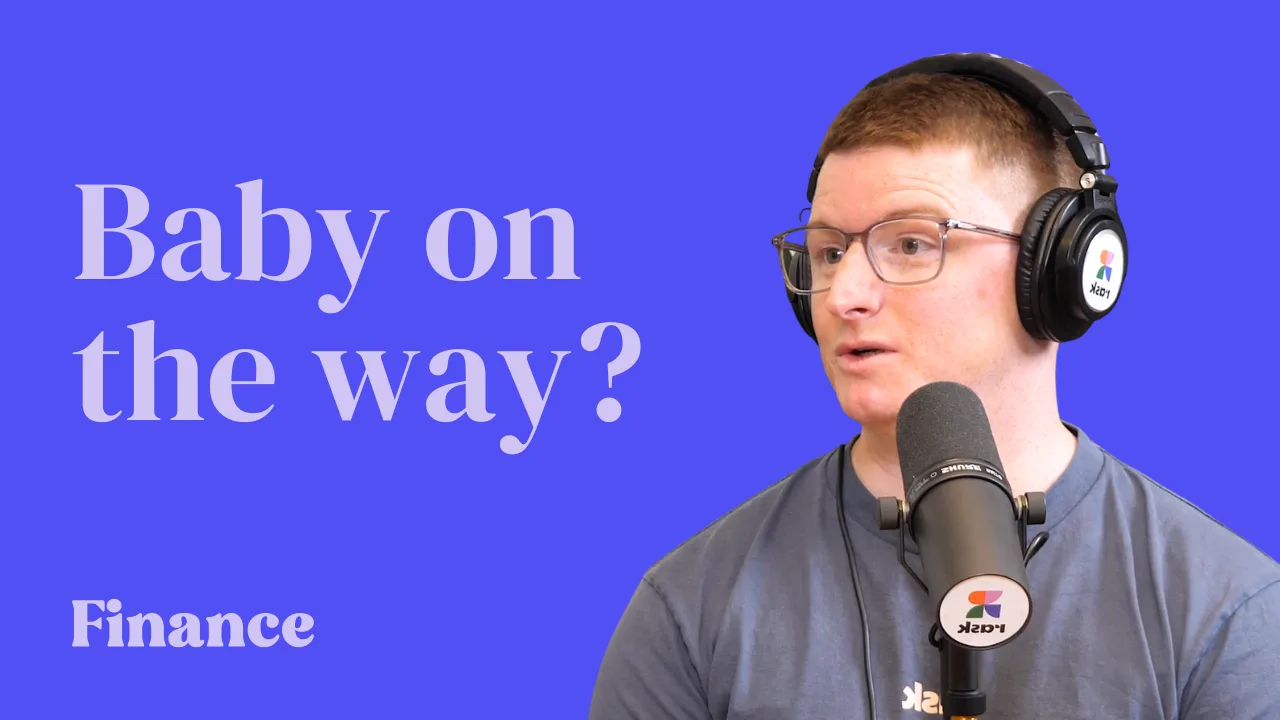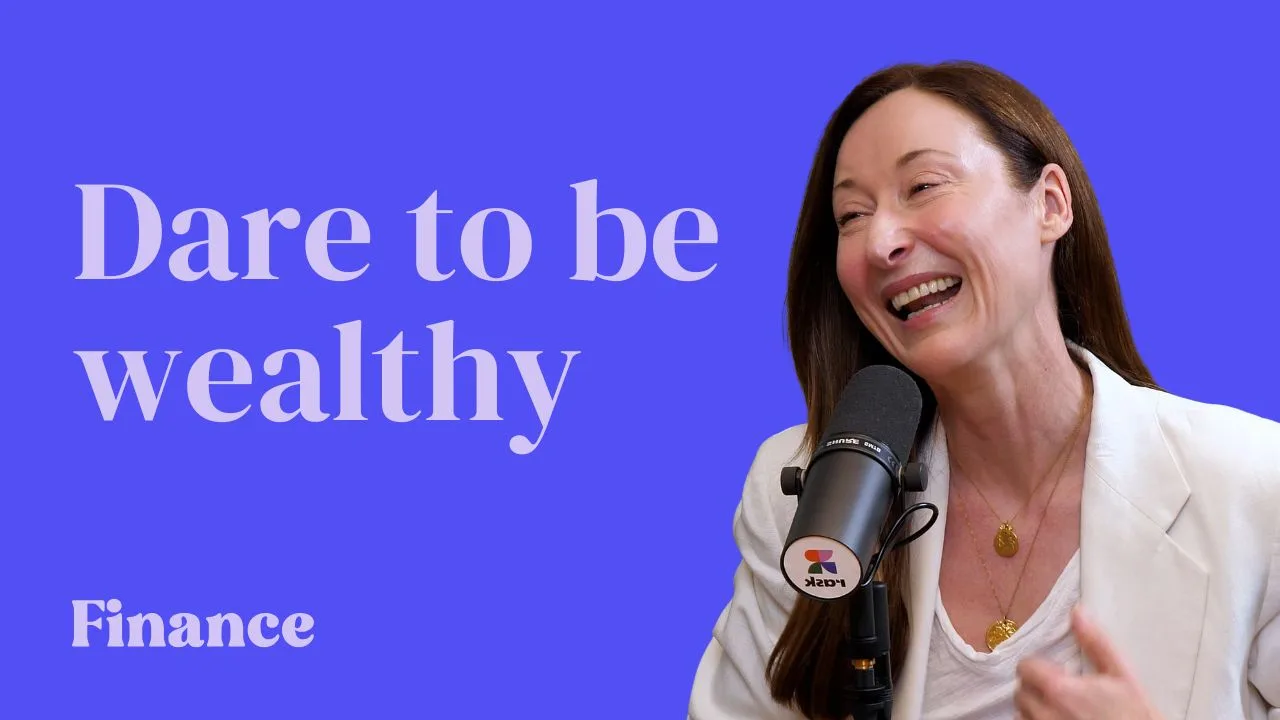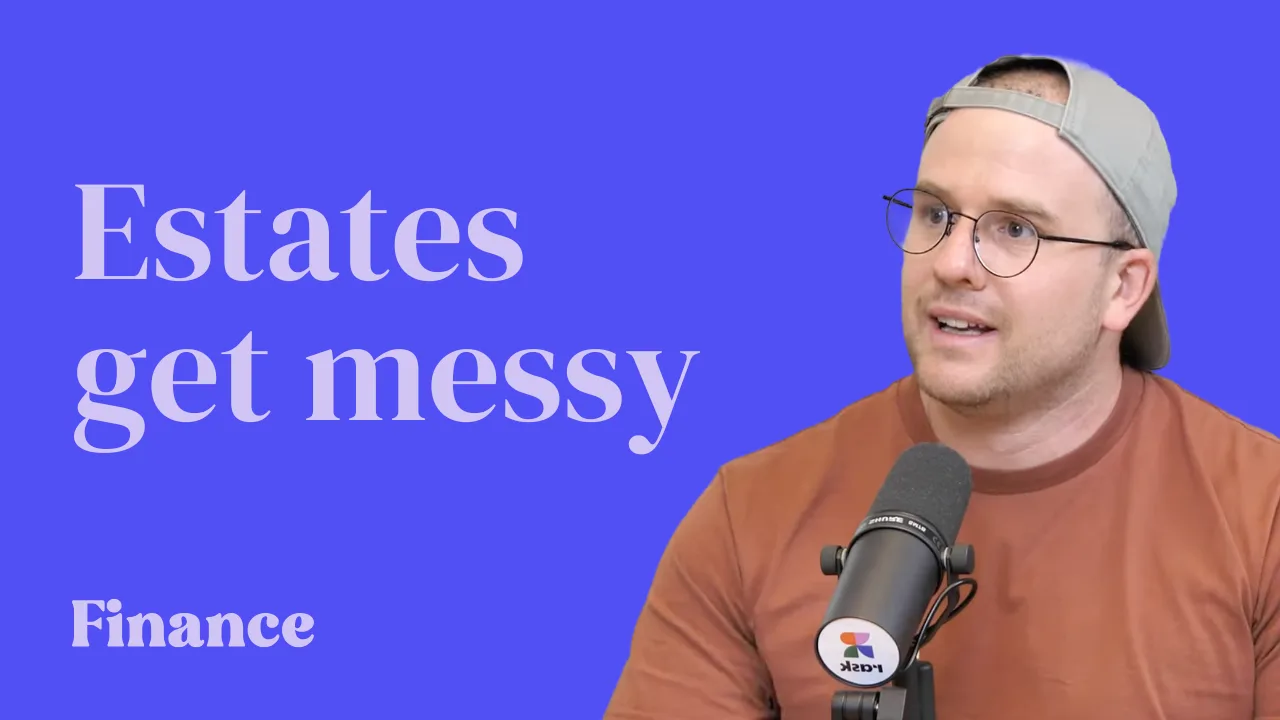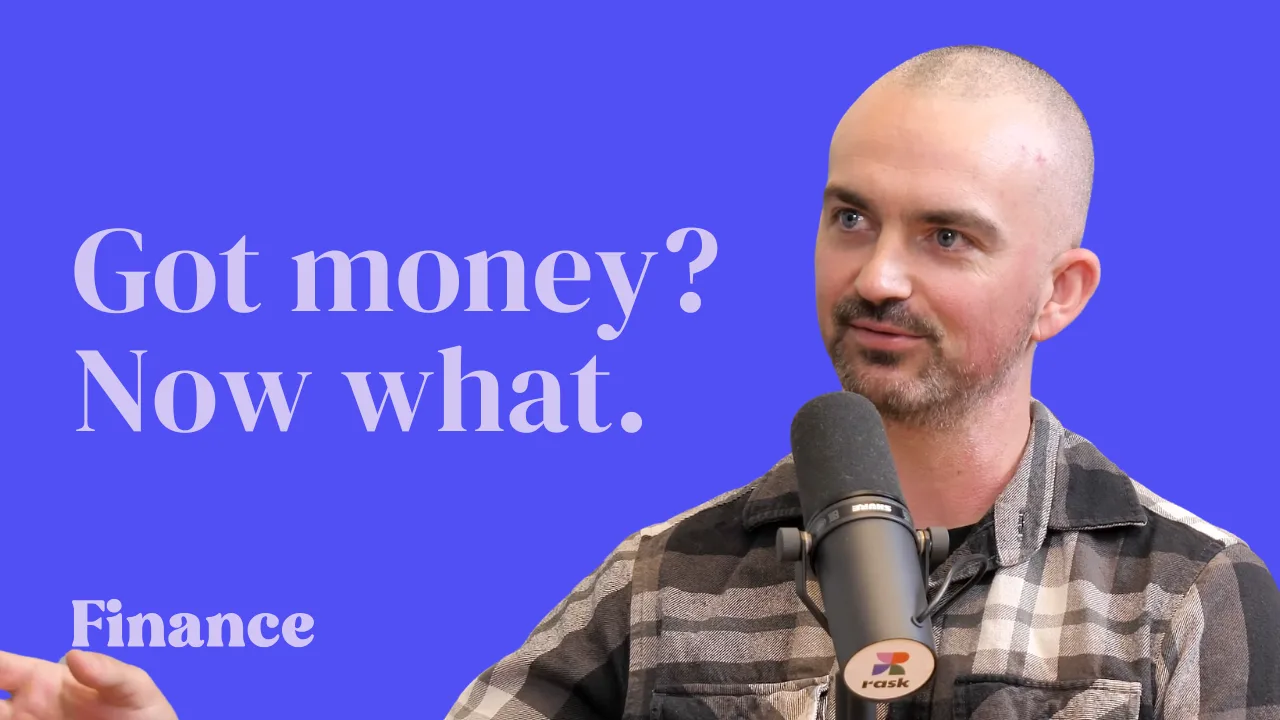Do you want to get good with money in 2024?
As a Certified Financial Behavior Specialist®, Emma integrates her own personal journey with research-backed tips and tricks to help us understand our relationship with money and, more importantly, improve it.
Emma’s brand new book, Good With Money, is a game-changing, practical guide to the psychology behind your spending habits, revealing how to manage your money without missing out on the things you love. You’ll want to get your hands on a copy after today’s conversation, trust me.
In this episode, we jump right into what it means to be “good with money” and how we can improve our relationship with money.
📚 Enjoyed this episode? You’ll love Emma’s book, Good With Money, which you can order on Booktopia (affiliate link): https://booktopia.kh4ffx.net/emma
What we cover in this episode:
- Imagine that tonight, while you were sleeping, a miracle occurred and you woke up able to say you were Good With Money. What would be different? How would you notice the change had occurred? How would you feel? How would your life be enriched?
-
- What does being ‘good with money’ look like to you? How has that changed over time?
- Why does the world make it hard to be ‘good with money’?
- What small steps can someone take this week to start getting ‘good with money’?
- Discussing the power of compounding small steps over time
- How has improving your relationship with money filtered through into other facets of your life (i.e. relationships, health, career, goals)?
- If someone listening right now has typically found managing money to be a tedious, if not downright boring, activity and maybe feels a lot of resistance to building better financial habits and working towards goals, what suggestions do you have for them to change things up so they’re more energised by their financial future?
- Can managing money be…fun?
- In an article you wrote last year about some of your biggest money regrets, one in particular stood out to me, which I haven’t heard many people talk about. You spoke about being more generous than you could afford to be early on in your career, which was impacting you financially. Given generosity is something that is part of your identify, how did you realise this and start to make some changes to look after your own financial security first and foremost?
- Getting stuck in the work, spend, repeat trap
- Being more generous than I could afford to be
- Not negotiating salaries or advocating for my worth
- Taking out credit too young
- Squandering an inheritance
- This conversation naturally brings up the idea of spending vs saving and that dopamine hit we get every time we tap that card. How can we start disrupting the spending-dopamine loop so we don’t self-sabotage our financial goals?
-
- Also could be interesting to explore the role social media and marketing play in our spending habits and how to know if it’s really something we value spending money on
-
- Saying no to spending traps (pg 56/57)
-
-
- Audit your environment
- Try a no-spend challenge or weekend
- Purchase Pathway Reflection (PPR)
-
- Many listeners will have set goals when it comes to their finances for 2024. What are some strategies to help us get motivated and stick to our resolutions, goals, habits and budgets, even when we feel like throwing in the towel?





